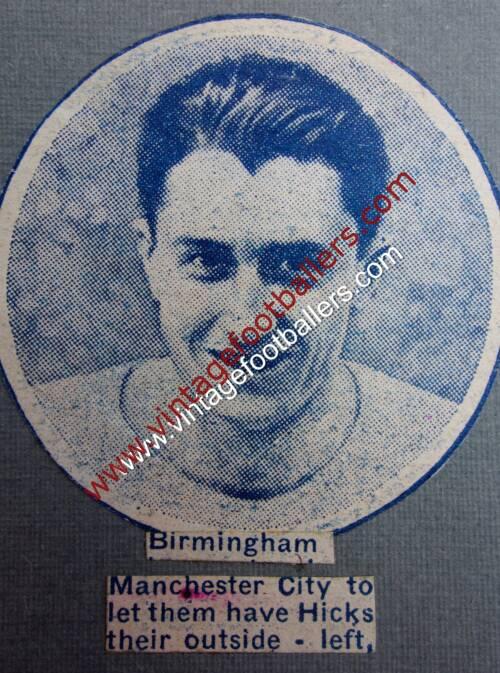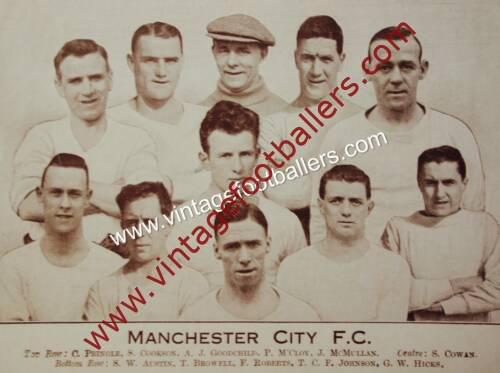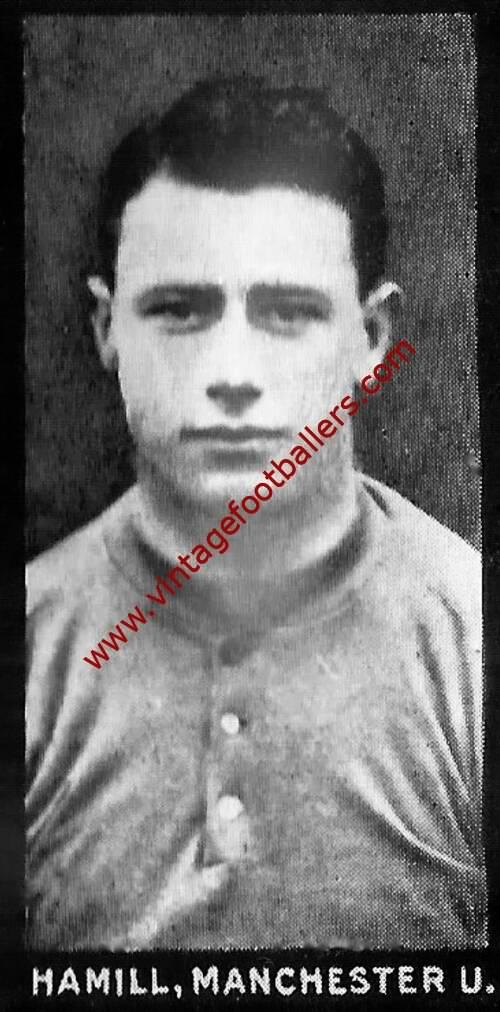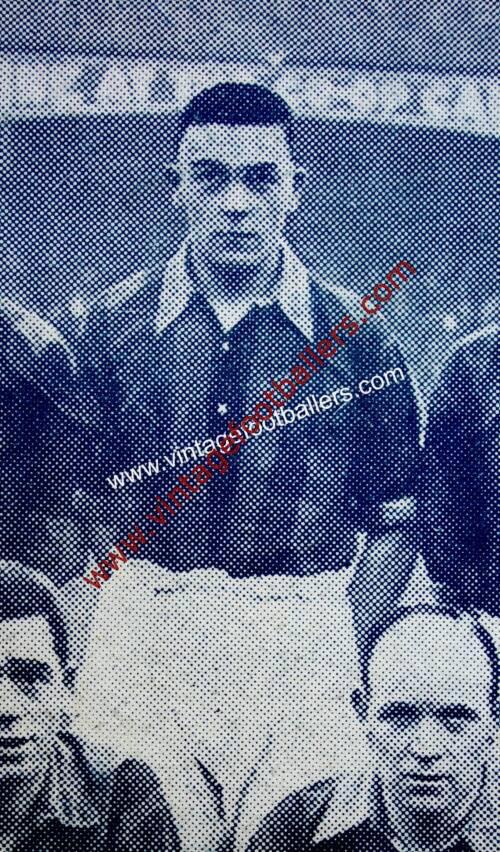Please choose your photo size from the drop down menu below.
If you wish your photo to be framed please select Yes.
Note: 16″x 20″not available in a frame.
Images can also be added to accessories. To order please follow these links
£8.95 – £49.95
Please choose your photo size from the drop down menu below.
If you wish your photo to be framed please select Yes.
Note: 16″x 20″not available in a frame.
Images can also be added to accessories. To order please follow these links
Llansilin, Montgomeryshire born left back Charlie Parry began his football career with Chester St Oswald’s and signed for Football League club Everton in the spring of 1889, making his debut playing inside right against Blackburn Rovers that September, both scoring and being sent off in the 81st minute for “persistently fouling Forrest” in a 3-2 win at Anfield. He scored in each of his first three matches for Everton, but then switched to the half back line as Everton finished runners up in the League. In his second season Everton won the League Championship, with Parry playing 14 matches.
Parry made his international debut for Wales, playing at left half in the 1891 British Home Championship match against England played at Newcastle Road, Sunderland on 7th March 1891, thus becoming the first Everton player to represent Wales. England won the match 4-1, with two of England’s goals coming from Parry’s Everton team-mates, Edgar Chadwick and Alf Milward. He kept his place in the Wales team for the next match against Scotland, two weeks later, at The Racecourse Ground, Wrexham. Parry was hurt in the first half and was injured again shortly after half time and was unable to play on, leaving Wales to complete the match with ten men. Scotland came from behind to win the match 4-3, with a late goal from Bob Boyd of Mossend Swifts. In their annual player assessment, the Football Association of Wales described Parry in 1891 as “a good half back but out of condition and got injured; played a splendid game v. England”.
Having played once that September he then went to play on loan for Lancashire League club Ardwick (now Manchester City) on loan for the rest of the 1891-92 season, scoring once in 11 matches for Ardwick. As a result of his being out of favour with Everton, Parry was not selected for any of Wales’s matches in the 1892 British Home Championship but having returned to Everton when he converted to full back during 1892-93.and regained his place with The Toffees from January 1893, he was recalled to the Wales side as a full back for one match the following year, a 6-0 defeat against England in March 1893. His next international appearance came a year later, when he scored an own goal in a 5-1 defeat by England on 12th March 1894. Three of England’s goals came from John Veitch in his only international appearance.
At the time it was said of him: “It is open to question whether there is a stronger player in defence than.. [Parry]… Although deceptive in appearance when scanned by the casual spectator, Parry yet carries considerable weight. Many of his opponents have found this out to their cost in a charge, although it may at once be said not a suspicion of foul tactics or rough play has attached to him. He kicks equally well with either foot, has a capital turn of speed, while he uses his head to great advantage.”
Parry’s best match for Wales came in the 1-1 draw against England in March 1895 at The Queen’s Club, London. For the next three matches, Parry was appointed Wales captain in the absence of James Trainer, leading his team to a 6-1 victory over Ireland at The Racecourse Ground, Wrexham on 29th February 1896, with two goals each from Billy Lewis and Billy Meredith, although this was followed by a 9-1 defeat by England, for whom Steve Bloomer scored five goals. In the latter match, he lined up alongside his former Everton colleague, Smart Arridge.
His club career at Everton perhaps reached its zenith in 1894-95 as he missed just 3 matches as Everton again finished runners up in the League Championship but the following September he played his final two matches for Everton, spending the rest of 1895-96 at Manchester City, where he didn’t make The Citizens’ first team. before a move to non league Newtown, where he spent three seasons. Despite dropping out of the Football League and playing non-league football, Parry retained his international place until 1898. In his thirteen international appearances, Wales won only one match, with two draws and ten defeats. Parry moved to Aberystwyth Town in 1899 and finally joined Oswestry United in 1900 before his eventual retirement.
| Weight | N/A |
|---|



